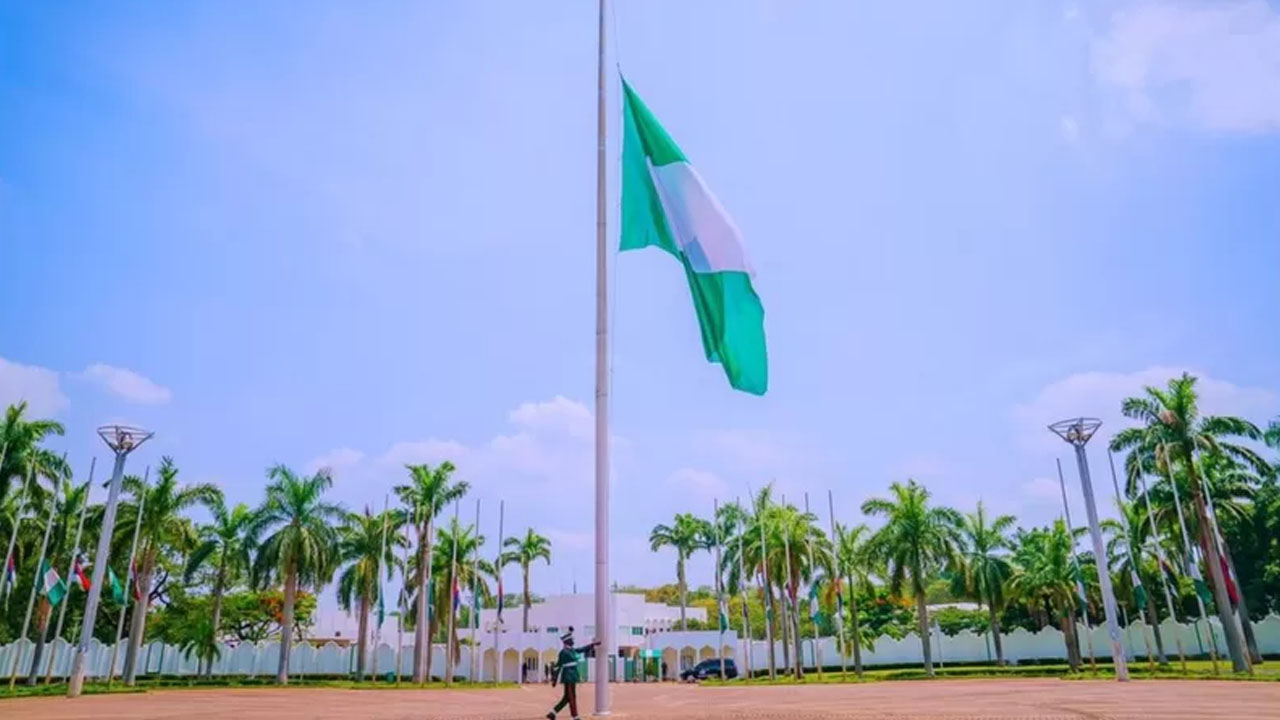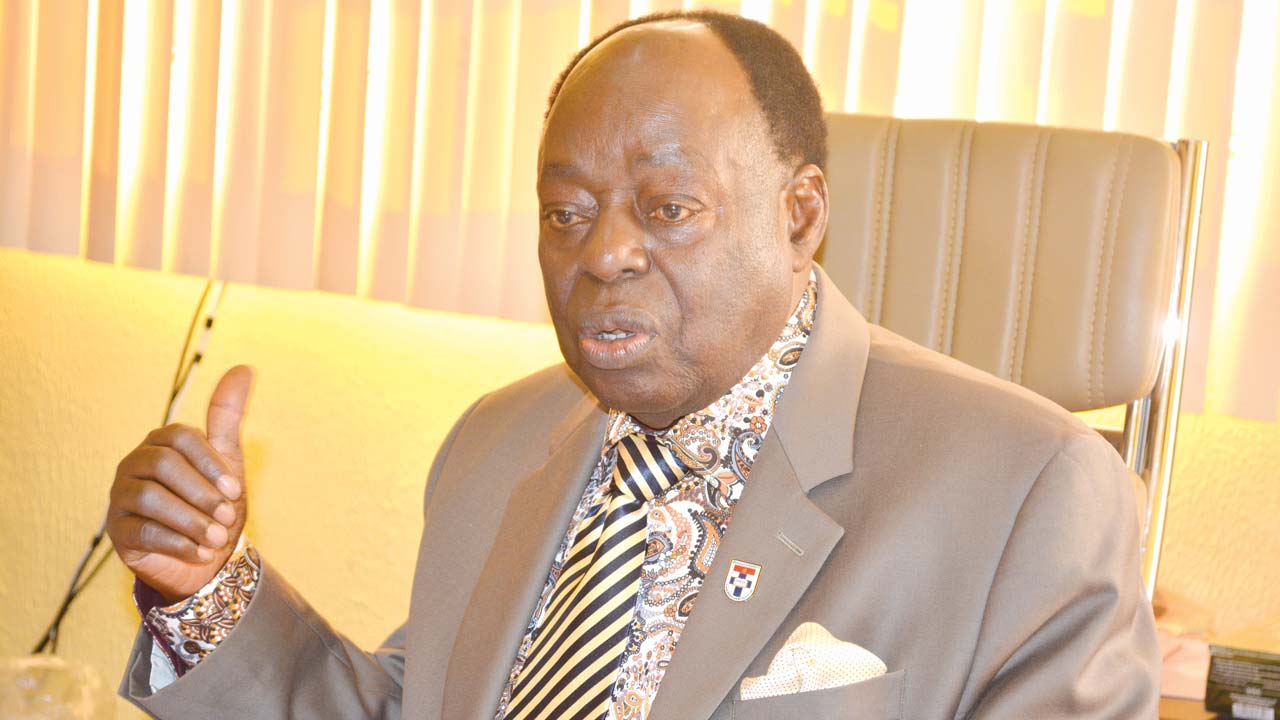
Furthermore, education has to be within safe physical reach either by attendance at some reasonably convenient location or via modern technology e.g. online learning programme. (iii) Acceptable form and substance of education including curricula and up to date teaching methods upon which students receive equality training and teaching. Government must ensure that relevant curriculum is implemented in schools and also see to it that such curriculum is constantly reviewed in line with market demands; and (iv) Adaptability – education has to be flexible so it can adapt to the needs of changing and evolving societies and respond to the needs of students with diverse social and cultural settings. The government must always have the interest of the students at heart in drawing up regulations and policies affecting education.
Political parties and pressure groups
There is always a certain motive to be achieved when a group of people come together. Indeed, this has been particularly helpful because it gives room for unity of purpose. Be that as it may, a pressure group is formed to influence the government while political parties constitute a voluntary organised group of individuals dedicated to similar political ideology. Whereas political parties nominate candidates, contest elections and form government to rule over the citizens, pressure groups are organised with a view to lobbying the government so as to enjoy certain benefits. Pressure Groups are not in alignment with any political party, but they have the power to influence government decisions. These are formed to express the shared values and beliefs of a large group, as well as to effect change within the government. Indeed, these give an opportunity and a voice to that class of people who remain underprivileged. Consequently, the democratic process is strengthened.
Pressure Groups take resort to agitational measures to achieve their objectives, which include marches, petitions, processions, demonstrations, fasts, strikes, and even boycotts. The importance of a political party in any country cannot be underestimated. They are the force of movements behind any political decision of the country. If there is a party in the country, then it implies the elective nature of the government. Political parties through elected representatives in the Legislature and Executive formulate, adopt and implement public policies which affect the citizens and the governed in Nigeria. As such all, government policies, systems and regulations flow from the political will as dictated by the respective political parties in power.
As stipulated under Section 224 of the 1999 Constitution, all programmes, aims and objects of a political party in Nigeria must conform with the provisions of Chapter II of the 1999 Constitution. Invariably, political parties are mandated to formulate their policies and manifestoes in line with the Fundamental Objectives and Policies on Education as stipulated in Section 18 of the 1999 Constitution. As such political parties are obligated to use their influence in directing the provision of free, equal and adequate education to every Nigerian citizen up to university level. The prominent role played by political parties and pressure groups in the 1950s- 1970s in Nigeria, particularly in the Western Region has remained an invaluable contribution to the development of education in most western states in Nigeria. Under the leadership of Chief Obafemi Awolowo, the Action Group birthed their Democratic Socialism ideology on the need to guarantee potential equality through equal opportunity for all. Upon winning the first election to the Western House of Assembly in 1952, the Action Group made it clear to the parliament that its government would give priority to education amongst others. As such by 1955 the Universal Free Primary Education scheme was introduced in the whole of Western Region in Nigeria whereby Free Primary Education was made compulsory for all children between five-13 years of age.
The launch of this scheme heralded the positive change in the educational history of Nigeria whereby there was rapid numerical growth of schools at all levels: primary, secondary (modern and grammar), expansion of teacher training institutions and most of all rapid growth in the school population at all levels. It was due to the political will and policy of the Action-Group led government in the Western Region that the budgetary allocation to education was given top most priority. For instance, an average of 35 per cent of the total recurrent budget each year between 1954 and 1959 was allocated to education. Education attracted the largest share of the Western Region’s recurrent budget, which varied between 28.9 per cent and 41.2 per cent during the period.
Concluded.
Ebun-Olu Adegboruwa is a Senior Advocate of Nigeria (SAN).






